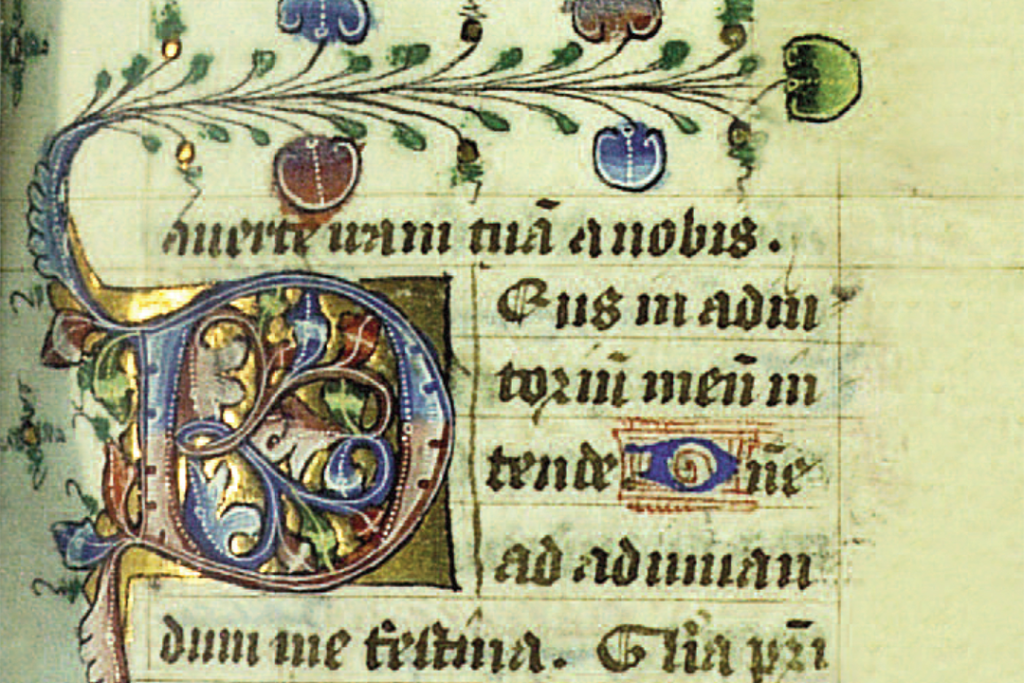The first manuscript volumes that entered the Romanian Academy Library’s heritage come from donations and bequests, which became more and more frequent after 1870. The first donation was the collection of manuscripts and old books given to the Romanian Academy in 1873 by the bishop of Buzău, Dionisie Romano .
A few years later, in 1876, Ion Ghica will donate the manuscripts to the historian and revolutionary Nicolae Bălcescu. From this moment, the practice of donations to the Library of the Romanian Academy becomes a habit among Romanian scholars, who want to establish a national fund of manuscripts, but also of other important documents for the Romanian heritage. Representative is the donation of the Moldovan bibliophile Dimitrie C. Sturdza-Scheianul, then the countless donations of Dimitrie A. Sturdza, those of Titu Maiorescu, Barbu Bellu, Gheorghe Rosetti-Roznovanu, Mihail Kogălniceanu, Alexandru Odobescu, Liviu Rebreanu, Cezar Petrescu, all consisting in manuscripts, historical documents, archive, correspondence, old Romanian books and foreign books.

The history of the manuscript fund of the Romanian Academy Library is also related to the acquisition of the funds of important libraries such as the library of the Sfântul Sava monastery, the library of the Patriarchate of Bucharest, the famous library of the Mavrocordats and numerous other monastic libraries.
Constituted in the spirit of the idea of reflecting Romanian culture and science in a South-East European and universal context, the collection of manuscripts has a special scientific and documentary value, indispensable for the knowledge of the history of the Romanian space, but also of the Balkans and South-East Europe.
Within the collection of manuscripts, the Romanian fund is the richest, totaling over 6000 volumes. Next, in order of importance: the Greek fund, with 1569 volumes, the Slavonic fund, with almost 900 volumes, the Oriental fund, represented by 420 volumes, and the Western fund, with 1000 volumes, within which the Latin fund is the most significant .